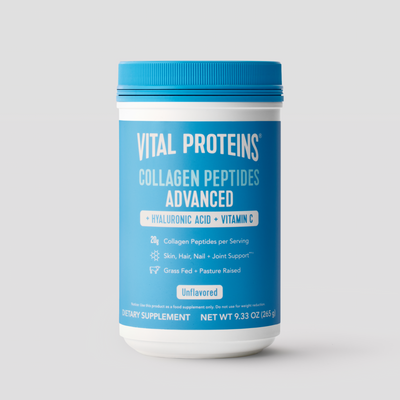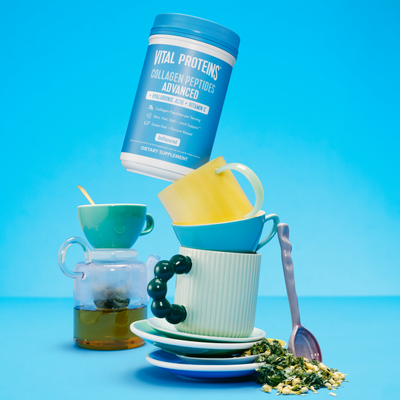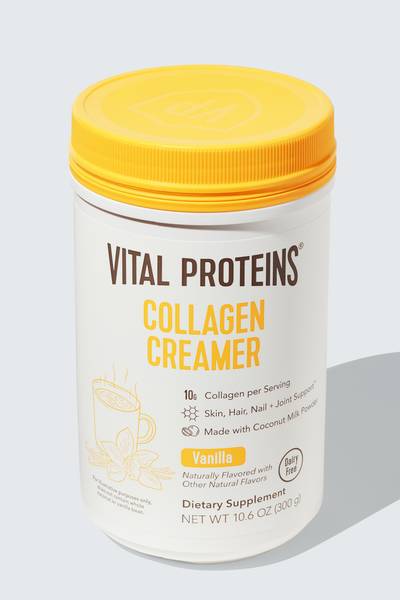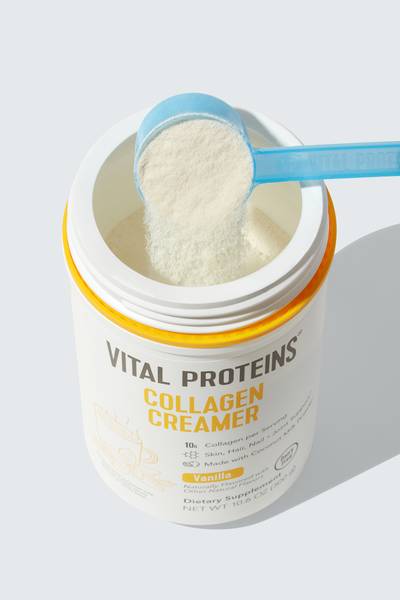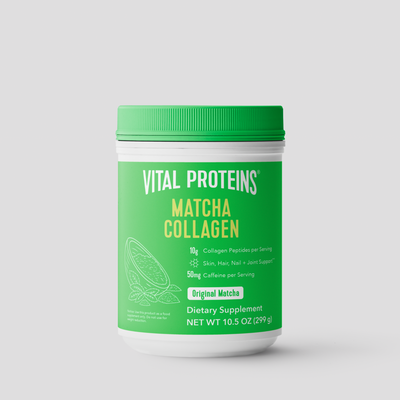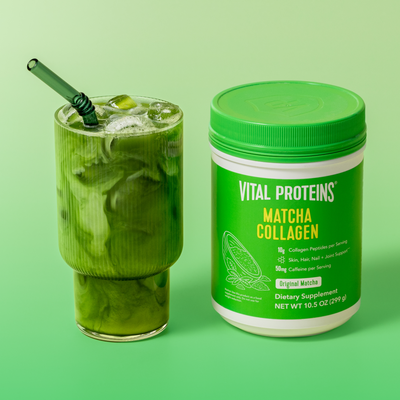With summer right around the corner, it's time to take a look at the skincare products you've used on a daily basis throughout the winter months, especially since those heavy foundations and thick moisturizers may be a bit too greasy once the heat starts to kick in. We recently spoke with a few board-certified dermatologists for their thoughts on the products you can probably shelve once the humidity and temps rise, so read on to get familiar and what alternatives you might wish to incorporate into your routine instead.
1. High-coverage foundations
While heavy foundation can help create a beautiful, camera-ready face, it can easily clog pores once the temps begin creeping up. "Switching up your foundation during the summertime is important if you have oily or acne prone skin," says Debra Jaliman, MD, a board-certified dermatologist and the Assistant Professor of Dermatology at Mount Sinai’s Icahn School of Medicine. "A heavier foundation which was probably fine in the winter months could be too heavy once the warmer weather rolls around." She adds that powdered foundations are especially good for oily skin and less likely to clog pores — be sure to look for non-comedogenic options (non-comedogenic makeup swaps traditional ingredients for lighter options that are less likely to cause pore blockages).
2. Creamy cleansers
You may also want to consider switching up your go-to cleanser. "If you have normal, oily, or combination skin, you can swap your creamy cleanser for one with less moisturizing ingredients," points out Dr. Jaliman. She also adds that some cleansers contain oils which you can do without in the summer. Hadley King, MD, board-certified dermatologist in N.Y.C. and Clinical Instructor at Weill Cornell Medical Center, tells Lively she's a fan of NakedPoppy’s Refresh Foaming Cleanser. "This product thoroughly cleanses while supporting the skin barrier and is formulated without harsh detergents like SLS or SLES that can dry out the skin," she says, adding that it contains other ingredients like lactic and polyhydroxy acids to gently exfoliate, baobab extract to nourish and protect the skin, and quinoa extract which can help brighten the complexion.
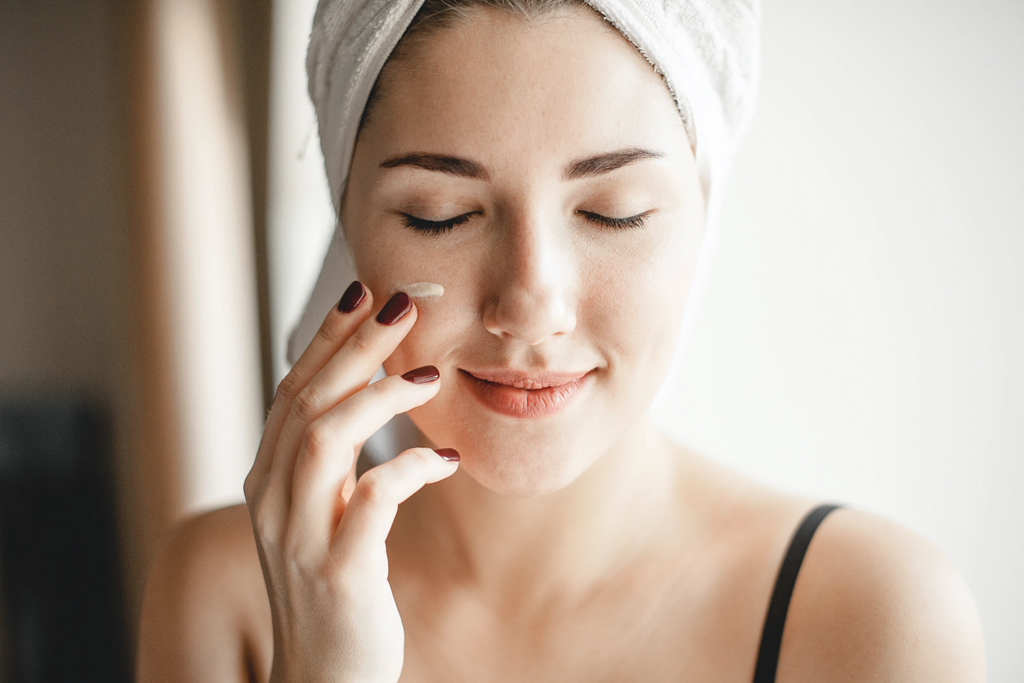
3. Thick moisturizers
While thick moisturizing products may have shielded your skin during the winter, products that are too rich aren’t recommended for the hotter months and now’s the time to adopt a lighter regimen. "In the cold weather, your skin attempts to conserve heat by constricting blood vessels which in turn dries out the outer layers of your skin — it also makes the lines more prominent and can make the complexion dull and flakey," explains Dr. Jaliman (so it makes sense that you'd be reaching for intensely hydrating products during that time of year). Dr. King adds that lighter lotions and gel-based products will feel better in hot and humid weather. Bottom line — you want to choose a moisturizer that hydrates the skin, but doesn’t clog pores or leave skin with that weighed down feeling. Ingredients to look out for include humectants like hyaluronic acid and glycerin, emollients such as squalane and ceramides, and occlusives like lanolin to lock in moisture (this one's not as important when the weather is warmer, but still recommended for skin that's dry, says Dr. King).
4. Ultra-hydrating face masks
Dr. King mentions it's never a bad thing to moisturize the skin with non-comedogenic ingredients. However, the need to do so may decrease in warmer weather, so you'll likely want to scale back on the thick, hydrating masks you might've reached for in the winter. "If your skin is getting oilier, include a clay mask once or twice per week to absorb excess oil like SimpleSkincare's Kind to Skin Pink Clay Face Mask," she notes. "This mask contains a combination of kaolin and bentonite clays to absorb oil, as well as calamine to soothe the skin and vitamin B3 to support the skin barrier."
5. SPF
This one's a little bit of a curveball — it just felt wrong not to mention SPF when it comes to the topic of skincare and summertime, and while it's certainly a must, there are plenty of lighter options out there for warmer weather that still offer great protection, especially for your face. "Although I'm a big fan of wearing an SPF 30 with titanium or zinc all year round, it's absolutely necessary for the spring and summer, says Adarsh Vijay Mudgil, MD, Medical Director of Mudgil Dermatology. "A light moisturizer that contains an SPF 30 (or higher) sunscreen is a good option." Be sure to apply every hour if you're in direct sunlight and stay covered up as much as possible.














